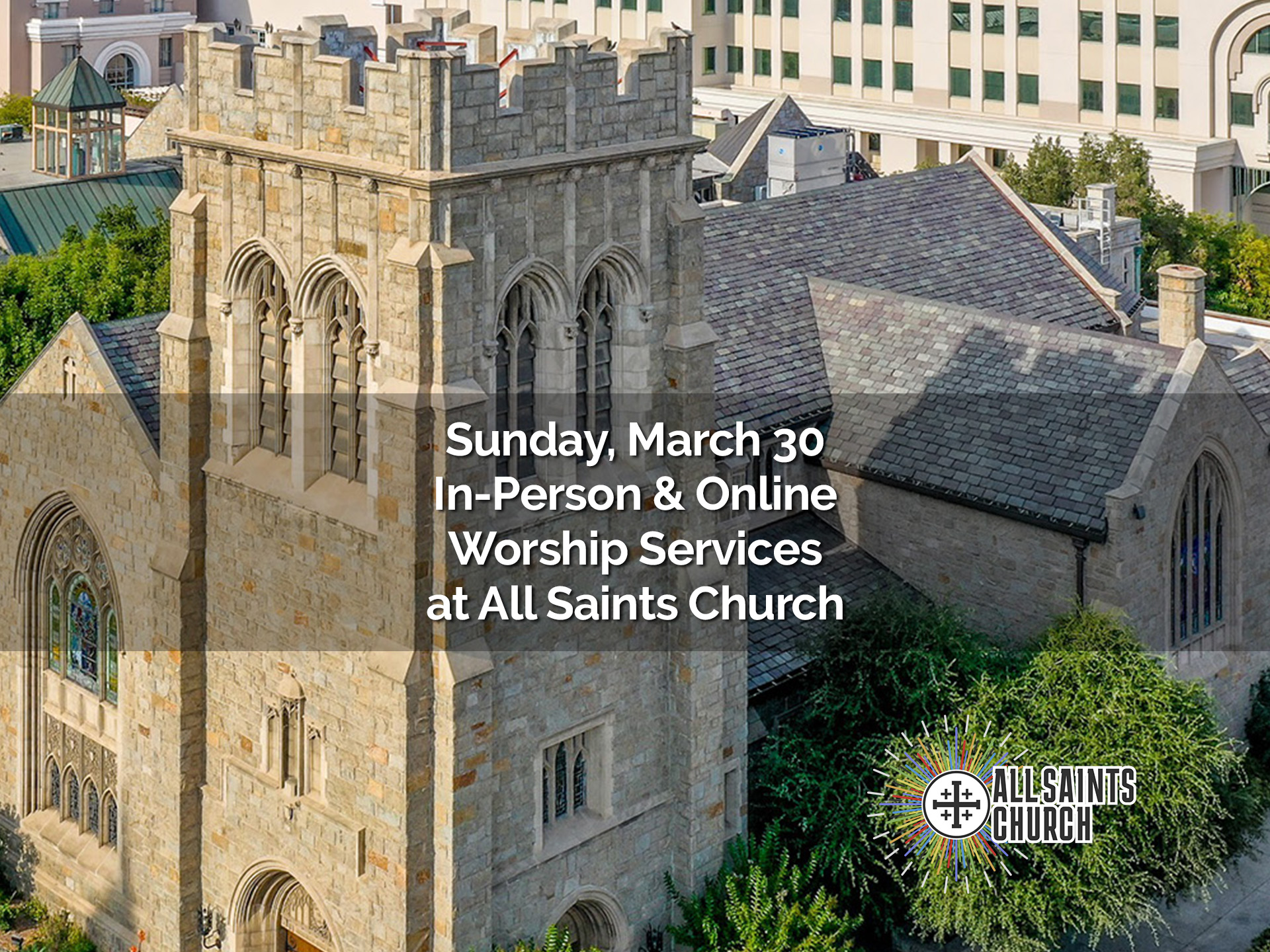The Gospel isn’t meant to be gulped down on Sunday morning, but gnawed on through the week so it really becomes a part of us. You’ve got to work at it, like a dog with a good bone! Here’s the Gospel for this coming Sunday — the Fourteenth Sunday After Pentecost — with food for thought about God as the seeker and we as the sought. Gnaw away!
Fourteenth Sunday After Pentecost – Luke 15:1-10
Meanwhile, the tax collectors and the “sinners” were all gathering around Jesus to listen to his teaching, at which the Pharisees and the religious scholars murmured, “This person welcomes sinners and eats with them!”
Jesus then addressed this parable to them: “Who among you, having a hundred sheep and losing one of them, doesn’t leave the ninety-nine in the open pasture and search for the lost one until it’s found? And finding it, you put the sheep on your shoulders in jubilation. Once home, you invite friends and neighbors in and say to them, ‘Rejoice with me! I’ve found me lost sheep!’ I tell you, in the same way there will be more joy in heaven over one repentant sinner than over ninety-nine righteous people who have no need to repent.
“What householder, who has ten silver pieces and loses one, doesn’t light a lamp and sweep the house in a diligent search until she finds what she had lost? And when it’s found, the householder calls in her friends and neighbors and says, ‘Rejoice with me! I’ve found the silver piece I lost!’ I tell you, there will be the same kind of joy before the angels of God over one repentant sinner.”
The Backstory – What’s Going On Here?
These parables are part of a set of three (the third being the Prodigal Son, Luke:15:11-32) about redemption — being lost and found. The image of the people as lost sheep cared for by God the shepherd is in several places in the Gospel and would also be familiar from the Hebrew scripture (e.g., Ezekiel 34:1-15).
It’s notable that the immediate context of these parables are teachings about our relationship with wealth and power (the stories we’ve read the past 2 weeks from Luke 14 and the stories of the dishonest manager and the rich man and Lazarus in Luke 16), and the trigger for Jesus telling the stories is his association with people whose sin is associated with wealth (tax collectors). In addition, the central image of these three parables is of a lost coin. Jesus is drawing a clear connection between our relationship with wealth and power and our state of relationship with God (a connection that is dramatized even more in the parable of the prodigal).
A few things to chew on:
*Where am I lost? Where is God passionately searching for me? This is the first question these parables beg of us. We tend to think of our relationship with God as a hide-and-seek with us being the seeker (we even use that word … seeker). Jesus tells us that we are the hidden, and God is the seeker. How does that feel? Is that hard to believe? Remembering that Jesus was telling this story in the context of our relationship with wealth and power, how does your wealth and power — or desire for the same — keep God from finding you? How do you use your wealth and power to help God find you?
*Who are the “other lost?” What is our attitude toward them? How are we part of God’s seeking? This is the second question of these parables. The history of Christianity is littered with theological or political opponents of Christians being labeled as enemies and demons. But Jesus is saying something different. The lost are not supposed to be demonized or destroyed, but lovingly searched for … and rejoiced in and with when they are found. Nelson Mandela says was able to help transform South Africa because he never saw people as enemies — even when they were beating him and imprisoning him — but instead saw them as future friends, beloved by God. Where are we living this in our lives? Where could we live it better?
Try This:
One of the things I find is missing in most of our lives is a deep sense that God rejoices in us before we DO anything or HAVE anything. We experience God as a judge or a parent figure we have to impress, instead of a passionate lover who pines for us. And yet, God as passionate lover pining for us, delighting in us, rejoicing in us is the epic image of God that echoes throughout the story of scripture. This week, take five minutes each morning when you get up and sit or take a walk in the fall morning air … and just rest with the thought that God is searching for you, that God rejoices in you. Think of someone you love simply because your heart can’t help it. What does it feel like to think of God loving you like that … and more?
Dream Small
I love thinking big ideas. I love dreaming big dreams. I love Margaret Mead when she talks about a “small group of thoughtful, committed citizens” changing the WORLD!
Big ideas are wonderful Great things have come from great dreams.
But that’s not the only place great things come from.
In this week’s Gospel, Jesus doesn’t talk about changing the world or solving gigantic, intractable social problems. In this week’s Gospel, Jesus talks about finding one person. Transforming one life.
It’s a powerful message. Our image of God is one of God doing great things — creating the cosmos, feeding 5,000 people, destroying death itself. Our God is a God of big dreams and sweeping, epic, epoch-shattering movements.
But this Gospel gives us another picture … and one we should never forget.
God also — and maybe even primarily — dreams small.
This story says that God will forsake the big picture to concentrate on the small one. That God’s heart is drawn not toward the sweeping movement or the big splash, but finding and loving us one at a time.
As we go through the process of discerning our values, mission and vision … and as the PACES groups work on the redevelopment our campus, we absolutely should get excited about how we can impact not just ourselves but the city, the nation and the world.
And … we also have a wonderful, joyful calling to dream small. To remind through our words and deeds that every broad, sweeping issue is made up of a host of individual faces and lives.
To remind the world that every big dream is made up of thousands or even millions of small dreams. And that each one is precious to God. And that our greatest joy and call is not to “change the world” but to let God’s love save the world — one life, one story, one small dream at a time.
. . . . . . . . . . . . . . . . . . . . . .
Check out the rest of Sunday’s readings
The Lectionary Page has all of the readings for this Sunday and every
Sunday – click here for this Sunday’s readings.
Pray this throughout the week as you gnaw on this Gospel.
O God, because without you we are not able to please you, mercifully grant
that your Holy Spirit may in all things direct and rule our hearts; through
Jesus Christ our Lord, who lives and reigns with you and the Holy Spirit,
one God, now and for ever. Amen.
Want to read more?
“The Text This Week” is an excellent online resource for anyone who
wants to dive more deeply into the scriptures for the week.



